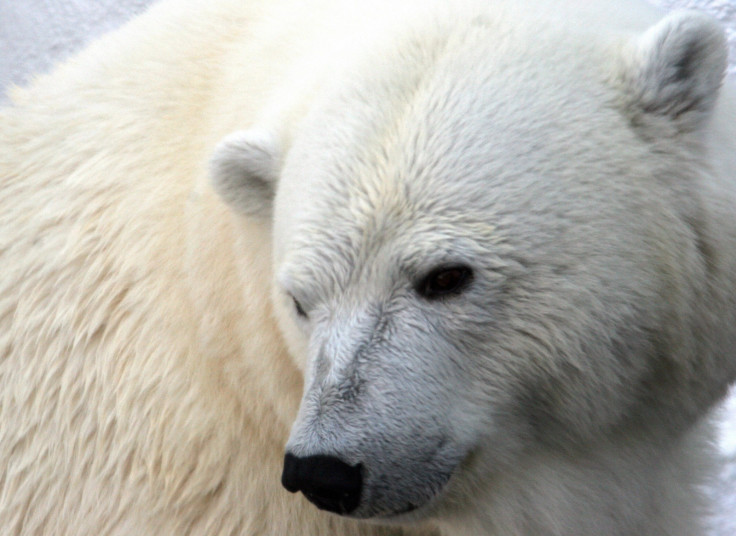Heartbreaking footage of starving polar bear on iceless land shows deadly effect of climate change
The animal had only hours to live.
A National Geographic photographer and members of the conservation group Sea Legacy in the Baffin Islands, Canada, came across a harrowing sight on 5 December.
They spotted an extremely thin polar bear struggling to find food, close to death. The animal is nothing but bones underneath its white fur. It's limping and weak. It appears exhausted. Desperately looking for something to eat, it plunges its head in a trash can, probably hoping to find some fish, but ends up fruitless and ends up lying on the floor.
Paul Nicklen and the other members of the crew filmed what were probably some of this bear's last hours. Nicklen told National Geographic it was the most gut-wrenching thing he had seen.
"We stood there crying—filming with tears rolling down our cheeks," he said.
Nicklen shared the video on his Instagram account:"It's a soul-crushing scene that still haunts me, but I know we need to share both the beautiful and the heartbreaking if we are going to break down the walls of apathy."
The footage has already been viewed more than one million times.
Many asked him why he didn't intervene and help the poor bear: "Of course, that crossed my mind," Nicklen said. "But it's not like I walk around with a tranquiliser gun or 400 pounds of seal meat." He also added that his help wouldn't have kept the bear from eventually dying of starvation. Feeding polar bears is also illegal in Canada.
Why did Nicklen keep filming? He wanted to show the true face of extinction: "When scientists say bears are going extinct, I want people to realise what it looks like. Bears are going to starve to death," said Nicklen. "This is what a starving bear looks like."
Nicklen also hopes people will realise the real consequences of climate change on species like polar bears. This individual is starving because he can't access his natural food as the ice has melted, a direct effect of global warming.
Polar bears are classified as vulnerable on the IUCN Red List. If the effects of global warming are not reversed, polar bears could be extinct in the next 100 years.
Polar bears in the arctic regions usually feed off seals, sea lions and walruses. But to access their prey, they have to be on ice. Each year, the bears retreat to land while they wait for the ice to solidify. However, because of climate change, the time they spend on ice is only expanding, and they end up starving.
"If the Earth continues to warm, we will lose bears and entire polar ecosystems," warns Nicklen.
We must reduce our carbon footprint, eat the right food, stop cutting down our forests, and begin putting the Earth — our home — first.























